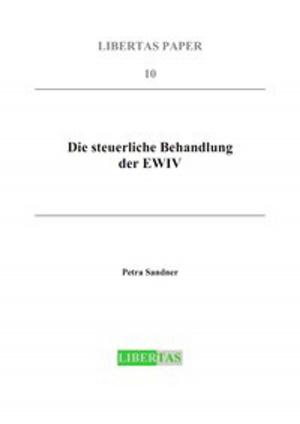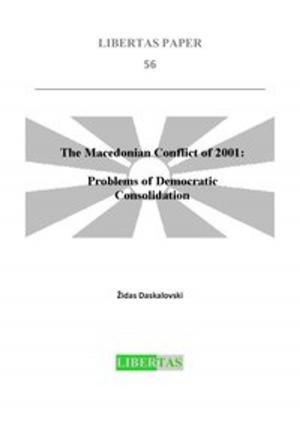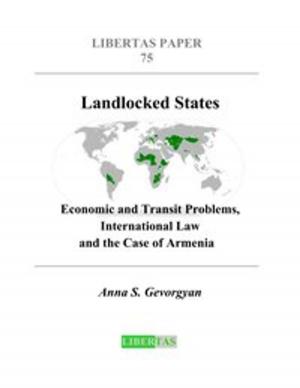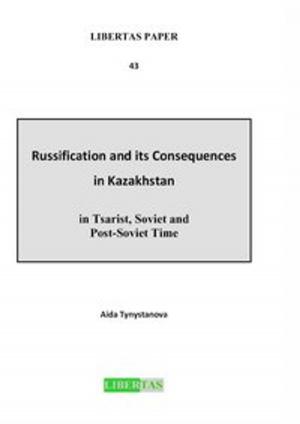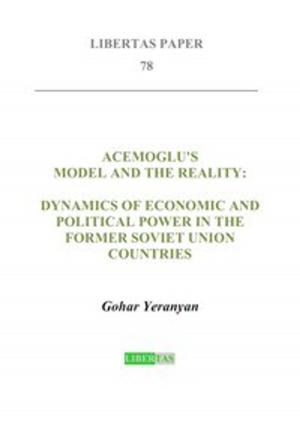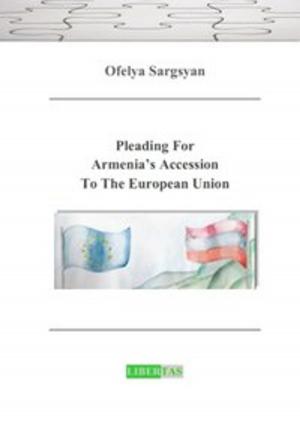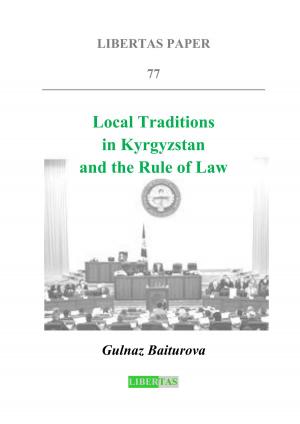Recollections of Dr. F. R. Leavis and Morris Shapira
The Ogre of Downing Castle
Nonfiction, Reference & Language, Language Arts| Author: | Chris Terry | ISBN: | 9783946119258 |
| Publisher: | Libertas | Publication: | November 17, 2008 |
| Imprint: | Libertas | Language: | English |
| Author: | Chris Terry |
| ISBN: | 9783946119258 |
| Publisher: | Libertas |
| Publication: | November 17, 2008 |
| Imprint: | Libertas |
| Language: | English |
Reflections on Dr Leavis, the Downing School of English, and Morris Shapira by a Leavis pupil of the closing years of Leavis’s time at Downing. More a memoir than a study, it takes letters received from Dr Leavis and one from Q. D. Leavis as the anchors for a story about the turbulences of that time as experienced by an undergraduate but recollected in retrospect. It considers the proposed reasons, causes of damage done, the nature of a single incident, the framework of a search for healing. One issue is that of “pastoral care" for undergraduate and former students. It is also about proximity to a national icon and the dynamics of teaching or learning in that context. It sketches a personal link to Dr Leavis, its privileges and its pitfalls, its emotional liability, while re-affirming or re-discovering the integrity and the necessity of Leavis' creative achievement in searching for a constant celebration of creative life sustaining values in the flux of the modern world after 1918. Simultaneously, it regrets the frantic debates and wounding squabbles within the Downing School from about 1963 onwards which denied the values the Downing experience sought to establish. It is argued that this was, in part, made inevitable by a cult building up around "the great man" in the search for security in the latter years which created both zealots and revisionists to their own detriment. Respect transformed into discipleship - a form of distance - and this into a form of dependence requiring revolt. In the process damage was done to the cause, to individuals around it, and to figures in the Diaspora. Based on letters received from Dr Leavis and one from Mrs. Leavis, the account speculates about the outlines of the crisis as it affected Dr Leavis and documents both his immersion in it and his emergence from it at a personal level. Another element considered is the energy released by the clash of adolescence, middle age, and old age (student aspirants, acolyte teachers, the Master) - the generations in conflict in the confined world of Cambridge. In this context the difficulties faced by the administrative body at Downing College concerned with winding down a whole era of teaching are taken into account: the task of finding a successor for a great, active and controversial figure in fairness and with harmony. At yet another level it is about looking for and finding doorways into the past and meeting friends on the other side. And, finally, it includes a positive memory of Morris Shapira, Director of Studies as of 1963, whose teaching was unique, selfless and effective during his Downing years. He is portrayed here as a victim of the process of post-Leavisian dénouement at Downing College.
Reflections on Dr Leavis, the Downing School of English, and Morris Shapira by a Leavis pupil of the closing years of Leavis’s time at Downing. More a memoir than a study, it takes letters received from Dr Leavis and one from Q. D. Leavis as the anchors for a story about the turbulences of that time as experienced by an undergraduate but recollected in retrospect. It considers the proposed reasons, causes of damage done, the nature of a single incident, the framework of a search for healing. One issue is that of “pastoral care" for undergraduate and former students. It is also about proximity to a national icon and the dynamics of teaching or learning in that context. It sketches a personal link to Dr Leavis, its privileges and its pitfalls, its emotional liability, while re-affirming or re-discovering the integrity and the necessity of Leavis' creative achievement in searching for a constant celebration of creative life sustaining values in the flux of the modern world after 1918. Simultaneously, it regrets the frantic debates and wounding squabbles within the Downing School from about 1963 onwards which denied the values the Downing experience sought to establish. It is argued that this was, in part, made inevitable by a cult building up around "the great man" in the search for security in the latter years which created both zealots and revisionists to their own detriment. Respect transformed into discipleship - a form of distance - and this into a form of dependence requiring revolt. In the process damage was done to the cause, to individuals around it, and to figures in the Diaspora. Based on letters received from Dr Leavis and one from Mrs. Leavis, the account speculates about the outlines of the crisis as it affected Dr Leavis and documents both his immersion in it and his emergence from it at a personal level. Another element considered is the energy released by the clash of adolescence, middle age, and old age (student aspirants, acolyte teachers, the Master) - the generations in conflict in the confined world of Cambridge. In this context the difficulties faced by the administrative body at Downing College concerned with winding down a whole era of teaching are taken into account: the task of finding a successor for a great, active and controversial figure in fairness and with harmony. At yet another level it is about looking for and finding doorways into the past and meeting friends on the other side. And, finally, it includes a positive memory of Morris Shapira, Director of Studies as of 1963, whose teaching was unique, selfless and effective during his Downing years. He is portrayed here as a victim of the process of post-Leavisian dénouement at Downing College.

